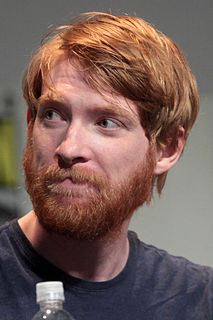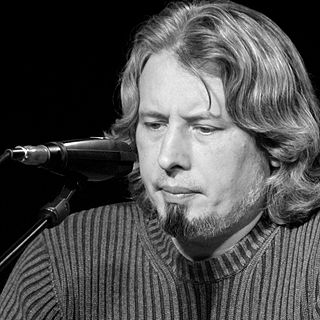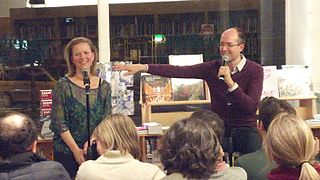A Quote by Domhnall Gleeson
'Pale Fire' by Vladimir Nabokov was bloody hard work but really thrilling.
Related Quotes
For a Nabokov fan, paging through 'Fine Lines,' which includes a critical introduction and several essayistic evaluations of Nabokov's scientific oeuvre, can feel a bit like reading the second half of 'Pale Fire': one is confronted by a content-rich, almost dementedly tangential commentary on an increasingly inscrutable work.
Vladimir Nabokov was a writer who cared nothing for music and whose favorite sport was the pursuit, capture, and murder of butterflies. This explains many things; for example, the fact that Nabokov's novels, for all their elegance and wit, resemble nothing so much as butterflies pinned to a board: pretty but dead; symmetrical but stiff.
Of course, both [Oscar] Wilde & [Vladimir] Nabokov believe in many things, and these things emerge in their writing clearly - for Wilde, the folly of humankind and the (romantic) grandeur of the heroic, lone individual (not unlike Wilde himself); for Nabokov, the possibility of a kind of transcendence through a great, prevailing, superior sort of love (especially in Ada, the most self-congratulatory of novels.)
One book that has meant much to my writing is W.G. Sebald's The Emigrants. He uses a photograph of Vladimir Nabokov hunting butterflies in a similar way. The image or a reference to the image is traced throughout the four separate narratives. It sometimes seems to be the only link between the pieces, while the symbol Nabokov cuts remains wide open, a pencil sketch, a mystery to interpret outside his role as emigrant/observer.




































